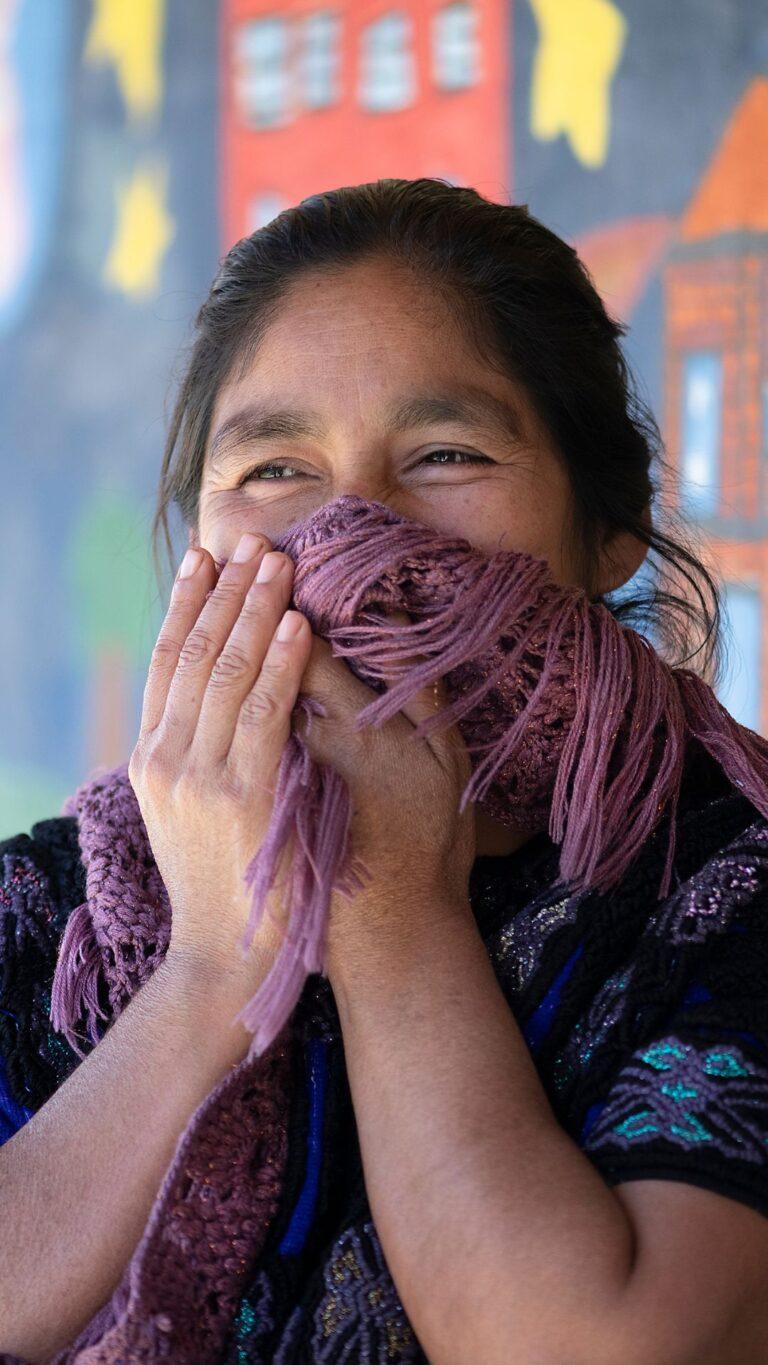Central America and Mexico, which are part of the Mesoamerican region, are considered the corridor with the highest permanent flow of migrants in transit worldwide.
Around 450,000 people migrate between Central America and Mexico every year. Among them are increasing numbers of families, women and children fleeing poverty, violence and insecurity linked to organised crime and gang activity.
The situation of widespread violence and impunity prevailing in the Mesoamerican region adds internal population displacement to this transnational migration crisis.
The year 2021 has been marked by a worsening of the refugee crisis in Mexico, with an increase in the flow of people in need of international protection and a record number of asylum applications in the country. In fact, 131,448 people filed new applications with COMAR (Mexican Commission for Refugee Assistance), 72.6% of them in Chiapas.
While migration policies were already repressive in Mesoamerica, border controls were further tightened. In 2019, the United States exerted pressure and secured the signing of agreements with Mexico, Guatemala, El Salvador and Honduras aimed at curbing irregular migration. These measures have led to the closure of migration routes, an increase in deportations and detentions of asylum seekers, and the militarisation of borders. As a result, migrants are extremely vulnerable, both on their migration route and during their forced return.

















